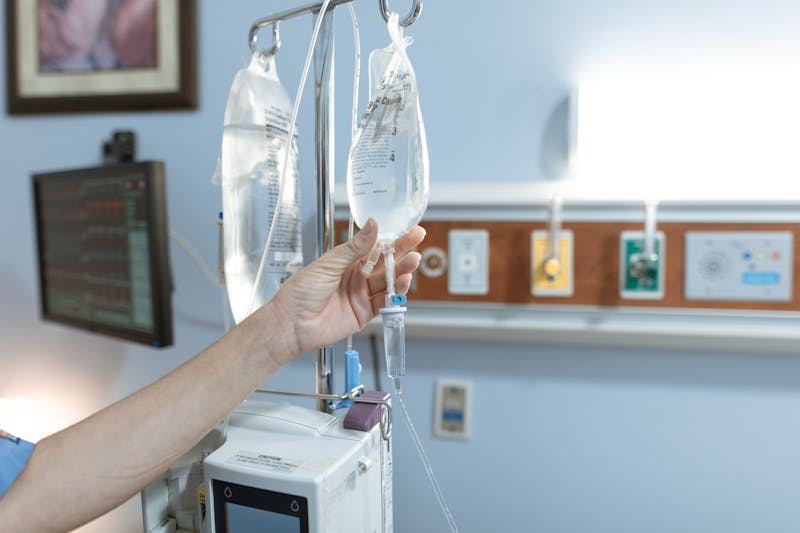Spinal Injuries from Off-Label Use of Medtronic’s Infuse Bone Graft Drowned by Medtronic’s Recent Defibrillator Coverage
Medtronic, the medical device giant best known for its heart and diabetes technologies, has recently released a flurry of press releases regarding the FDA’s approval of its software to detect cracks in potential defective Medtronic defibrillator leads. These defective components in their Medtronic’s medical devices the company had manufactured were subject to an October 2007 recall. While the risk for serious injury from system failure persists for some patients with the Sprint Fidelis lead in their implanted defibrillator, what these Medtronic press releases have effectively done is bury reports of serious injury caused by off-label use of Medtronic’s Infuse Bone Graft system.
The day before Medtronic released its news of FDA approval, the Wall Street Journal carried a front page article (reprinted recently in the Tennessean) investigating these Infuse Bone Grant injuries and the Medtronic’s complicity in them.
A majority of these bone or spinal tissue injuries are a result of off-label use. Off-label simply means using a medical device or medication for non-FDA approved uses; this is not illegal, though controversial in the case of Medtronic and its payment to doctors who use the Infuse Bone Graft for procedures for which the Medtronic product has not been sufficiently tested–or shown to be harm and not approved.
The FDA approves the use Medtronic Infuse as part of spinal-fusion procedures, a surgery which can help correct curved spines or strengthen damaged discs through the bone growth in the spine. Medtronic’s bone growth device is only approved for spine surgery in the lumbar (lower back) region and only for operations that enter this area through the front of the body. No other arrangement has been approved by the FDA. The reason is that studies showed a danger of unwanted additional bone growth outside the area of the spine to be fused if the device is used in other areas of the spine, such as its most popular off-label use: the neck.
FDA notified spine surgeons in July that Infuse’s use in cervical spine (neck) surgeries had caused over three dozen instances of injury. Mostly, this included swelling of the neck which caused difficulty breathing and swallowing, though a few life-threatening cases demanded emergency procedures including tracheotomies. Even the approved applications of Medtronic’s Infuse growth hormone (bone morphogenetic protein) and its delivery device can cause unwanted bone growths near nerves and elsewhere, which can lead to pain and necessitate corrective, and costly, surgery.
But what would lead doctors to consider this off-label Infuse cervical surgery, especially when it hasn’t been sufficiently tested? Whistleblower Medtronic lawsuitsdecided in Memphis court reveal that spinal surgeon on Medtronic’s payroll have written articles praising its effective in off-label operations and spread the word to other spinal surgeons. Though would be illegal for Medtronic to promote unapproved uses, it remains legal for doctors paid by Medtronic to promote. It also appears a few FDA officials tried to address Infuse’s potential to be used off-label during approval procedures but these were thwarted by a FDA reviewer paid by Medtronic.
If you are Medtronic, it makes sense to promote those articles and reports that show you, in slightly less than a year, helping resolve your life-threatening mistakes in the defective medical equipment you produced. Well, it makes sense to bury stories about health risks if money, not health, is your primary objective.
Again, it is wonderful that Medtronic is helping resolve the life-threatening issues its production of defective medical equipment has caused through the Lead Integrity Alert software. I believe this a godsend for those who roll the dice every day and hope the potentially defective wiring on their defibrillator doesn’t give out or misfire. But as a Nashville personal injury attorney involved in the lives of Tennesseans injured by defective and dangerous medical devices, it troubles me to see the infuse bone graft story lost under the deluge of positively worded stories on Medtronic’s software “patch” for its defective defibrillator leads, products that should have never made it to market.
If either of these Medtronic medical products, the defective heart device or the inappropriately employed bone graft, has caused serious injury in you or a loved one, please contact our downtown Nashville law office at (615) 353-0930 or fill out our Tennessee personal injury form for a free initial consultation with a defective medical device lawyer.





